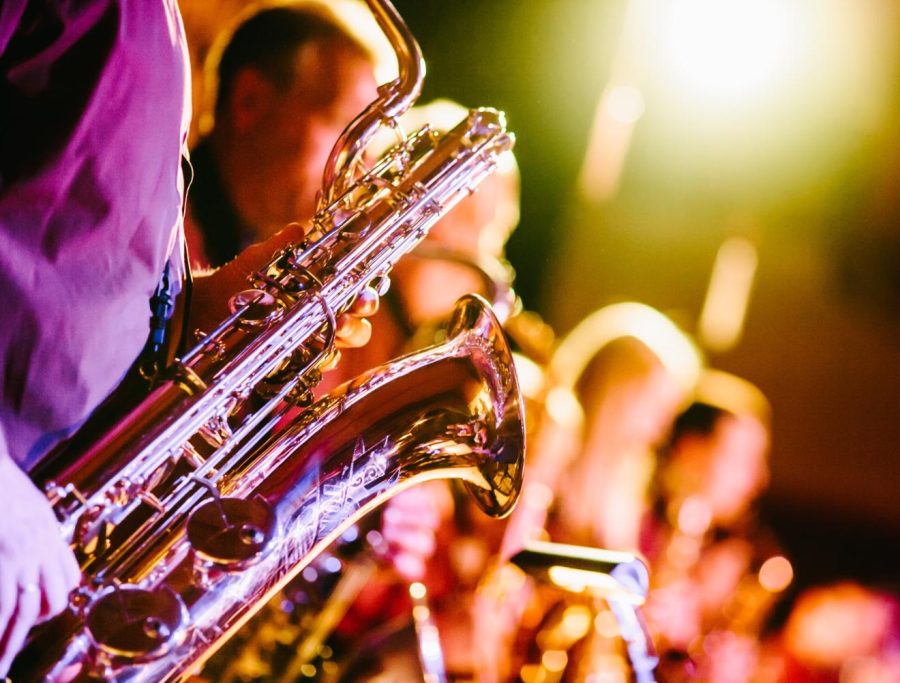The History of Jazz Music
January 20, 2023
When entering a bar or eating at a restaurant, customers are usually greeted with the soothing sound of jazz music playing in the background. Jazz is a diverse musical genre distinguished by its complex choice of chords, unique rhythm, and dependency on the musician’s improvisation style. It is known to be one of the most calming and relaxing genres of music.
Jazz was born out of the Black experience in America, combining African and European musical traditions. The African American neighborhoods in New Orleans, Louisiana, in the late 19th and early 20th centuries was where this style of music first emerged.
A movement that brought light to jazz was the Harlem Renaissance. Jazz was the best medium for expressing the experiences of African Americans during the Harlem Renaissance, which was all about giving African Americans a voice. The Harlem Renaissance was centered on the neighborhood of Harlem in New York; it was a result of alterations in the African American community following the abolition of slavery, as the growth of communities in the North. It brought a sense of hope to the African Americans during the early 20th century.
Former slaves from the rural South were forced to move to northern urban areas in the process of the Great Migration. This movement was primarily caused by the lack of economic stability for the African Americans, as well as the presence of racial segregation in the Southern states where Jim Crow laws were set. Despite the ongoing discrimination, limited opportunity, and adjusting to the new area, African Americans rebirthed their culture and produced many forms of art, music, and literature, all of which led to the Harlem Renaissance. Jazz stood out among those contributions because of the cultural setting in which it was created and because of its significance to the modern world. This unique style of music played a crucial part in the lives of African Americans as it gave them the opportunity to express themselves, and gave them pride in the representation of the Black experience in American culture, which paved the way for the Civil Rights Movement.
Jazz was an extremely significant contribution to that time period as it continued to be very common among modern audiences. It has made a long-lasting impact on modern culture because it still is popular to a great extent today, with there being new versions of it even after the Harlem Renaissance came to an end. Ever since the Renaissance, jazz music has branched out to produce many different subgenres, some of which are swing jazz, Latin jazz, and funk.
The mood of the sound produced from jazz music essentially influences a person’s brain waves, resulting in a variety of positive effects. This includes stress relief and better sleep, among others. Jazz music calms the body by activating the brain’s alpha and delta waves, which ultimately reduces anxiety levels.
As someone who listens to jazz music herself, Arcadia High School junior Joss Lau said that “jazz has a vibe that makes it different from other forms of music; not only is it relaxing, but it also creates a mood that cannot be found in any other genres.”
Junior Judith Banuelos, who played several instruments when she was younger, stated that jazz has a special place in her heart.
“I was drawn to many types of genres, but through jazz, I always feel like there’s a story being told to me,” said Banuelos. “Jazz brings a comfort that is indescribable.”
For music fans who enjoy exploring various forms of genres, jazz is an exceptional category that is definitely worth looking into.
Photo Courtesy of UNSPLASH.COM

